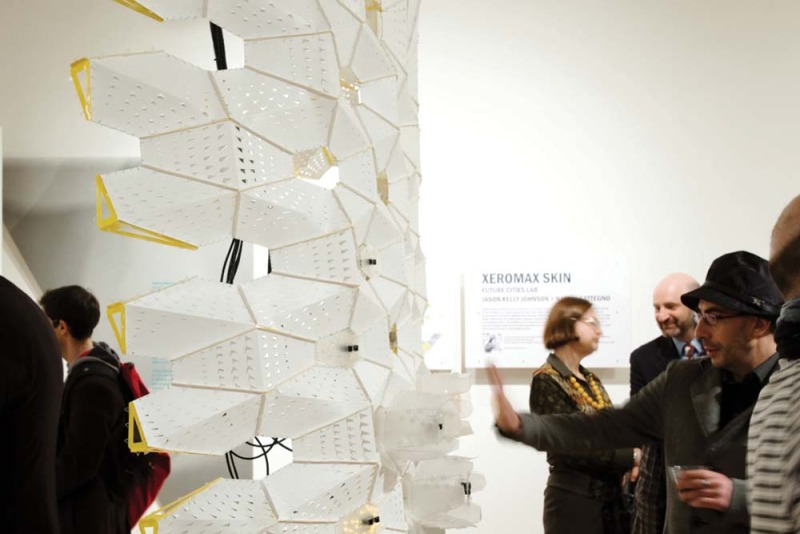In this context of rapidly changing demands, design offers an approach and a set of tools that guide a process of framing and reframing problems. Design toggles between analysis (asking why) and synthesis (asking how). Design is an iterative process operating among concrete, abstract and projected worlds.
Observation of the concrete world requires immersing oneself in the context of the challenge, learning from both quantitative “big” data and qualitative “thick” data about the situation. Abstraction extracts insights from the messy data of the observation phase: What’s important? What’s new? Projection helps us to imagine a variety of concepts that in turn reframe the questions for observation and the abstractions that form theories.
Making in the concrete world brings abstract concepts to life, allows for more learning about the situation, and ultimately drives desired change. Design is far from linear – it asks teams to pay attention to where they are in the cycle, to step back from solutions and ask what problem they are solving, to ensure connection to human needs, and to be willing to put something unfinished in front of others to learn. This certificate provides students with the critical mindset, collaborative problem defining skills, technical skills to innovate in a wide variety of areas, and hands-on tools in each of the phases of the innovation cycle.
